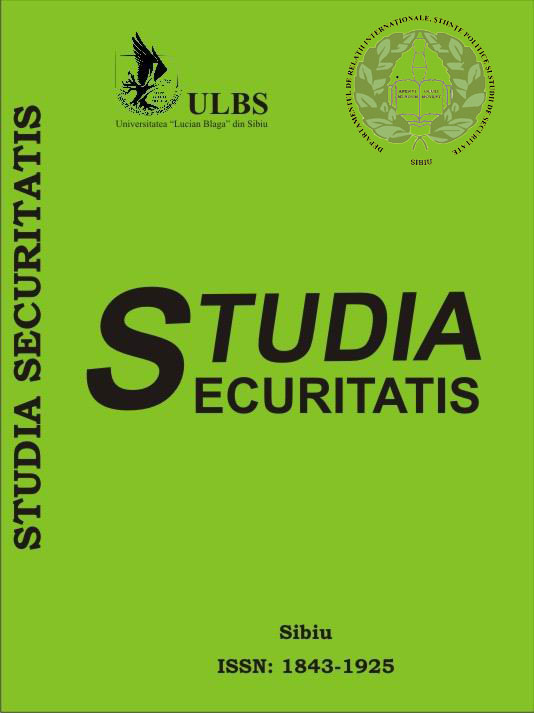THE SEMANTIC FIELD “NATION, STATE, PEOPLE AND CITIZEN” FROM ANOTHER THAN LEGAL POINT OF VIEW: ORIGIN, FORMS AND DYNAMICS IN EUROPEAN LANGUAGES AND CULTURES
THE SEMANTIC FIELD “NATION, STATE, PEOPLE AND CITIZEN” FROM ANOTHER THAN LEGAL POINT OF VIEW: ORIGIN, FORMS AND DYNAMICS IN EUROPEAN LANGUAGES AND CULTURES
Author(s): Martin STUR, Peter KopeckýSubject(s): Civil Society, Ethnohistory, Western Slavic Languages, International relations/trade, Security and defense, Nationalism Studies, Ethnic Minorities Studies, Politics and Identity
Published by: Editura Universitatii LUCIAN BLAGA din Sibiu
Keywords: Nation; state; people; citizen; semantic;
Summary/Abstract: The significance of this semantic field today is largely legal, but we are interested in its cultural, literary and social dimension in European languages, because its various forms originate before the legal system and their place in people's thinking and actions has a dynamic that depends more on state of culture than on the state of the legal system. Today, in addition to the health crisis, we are experiencing a crisis in relation to what this semantic field represents, from nationalism, which absolutizes and abuses it, to globalism, which rejects everything it represents and provides only insufficient compensation. Our goal is to trace the origin, history and actual potential of singular forms, their motivation and function, so that we can assume their significance for the future. The individual words of this sematic field pass between individual languages, and although we focus mainly on the Romance and Slavic languages, changes in meaning also pass through the entire European area, and a comprehensive picture is created only in comparison with other European languages. Original motivation of singular words creating the semantic field in European languages Why are we focusing just on European languages? Isn't that inappropriate in postcolonial time? They are geographically and culturally connected languages, which share external, ideological and religious influences and although Indo-European languages predominate among others, the search for etymology and history is still more difficult than it seems at first glance.
Journal: Studia Securitatis
- Issue Year: XV/2021
- Issue No: 1
- Page Range: 6-12
- Page Count: 7
- Language: English
- Content File-PDF

